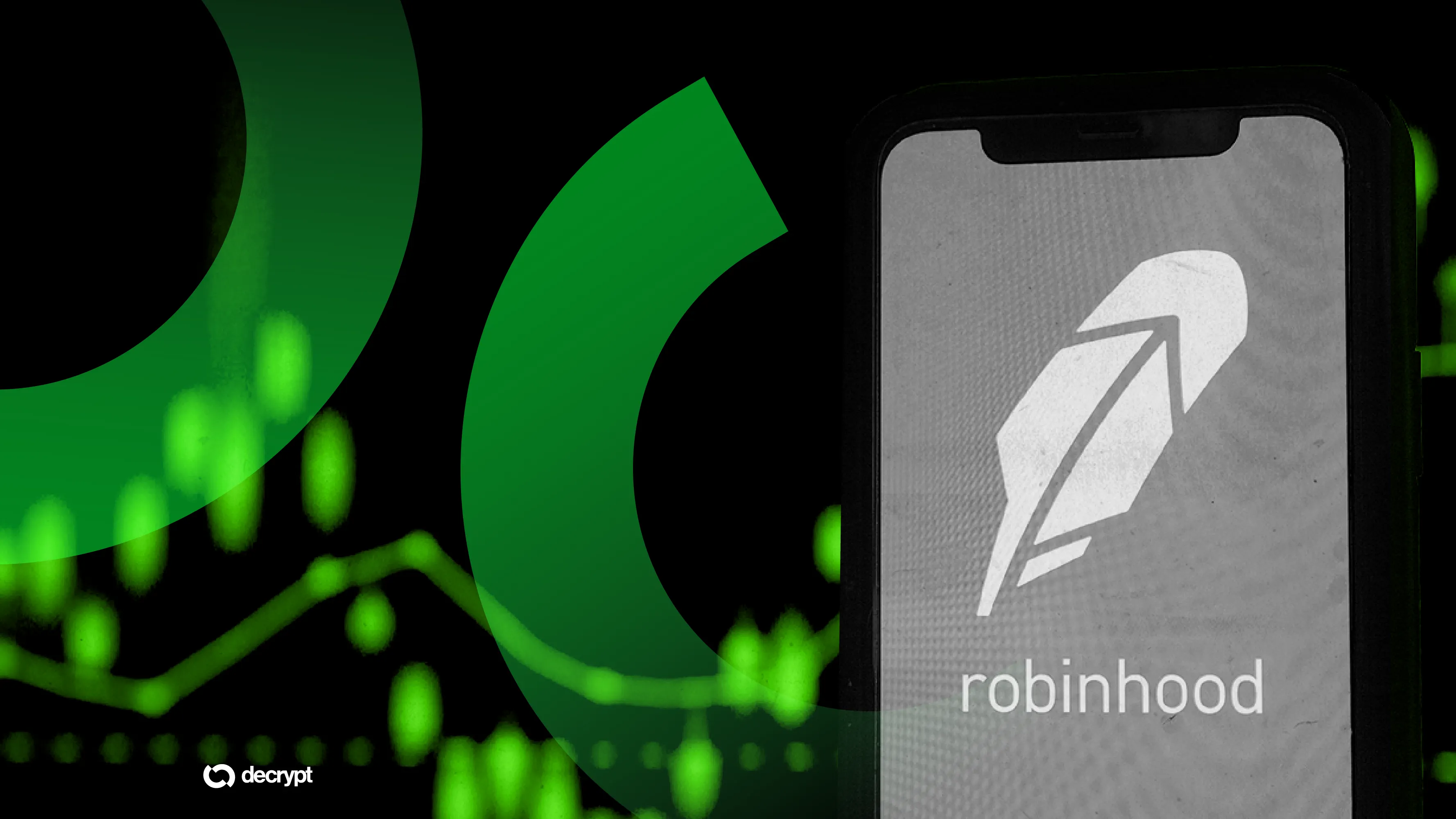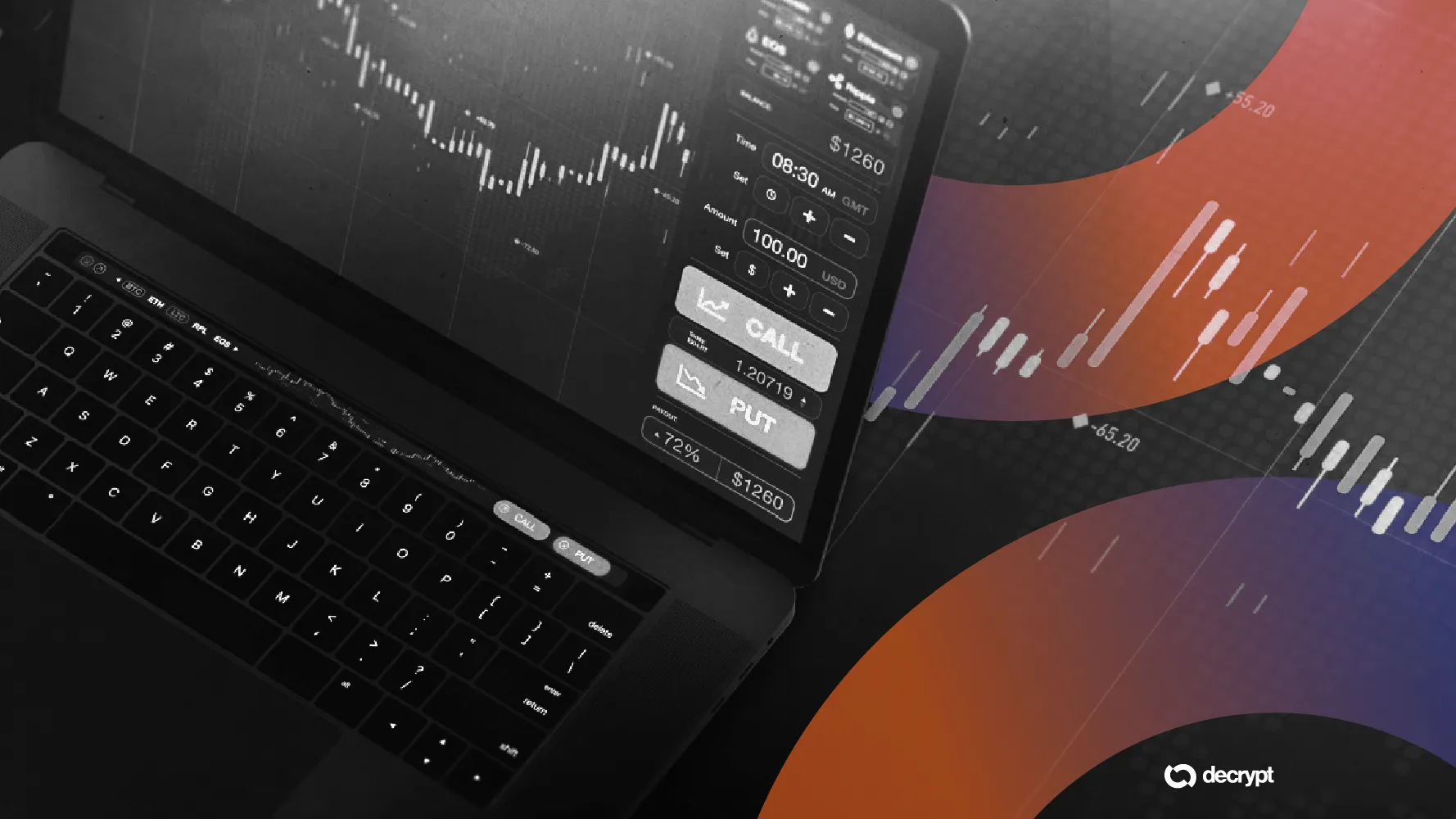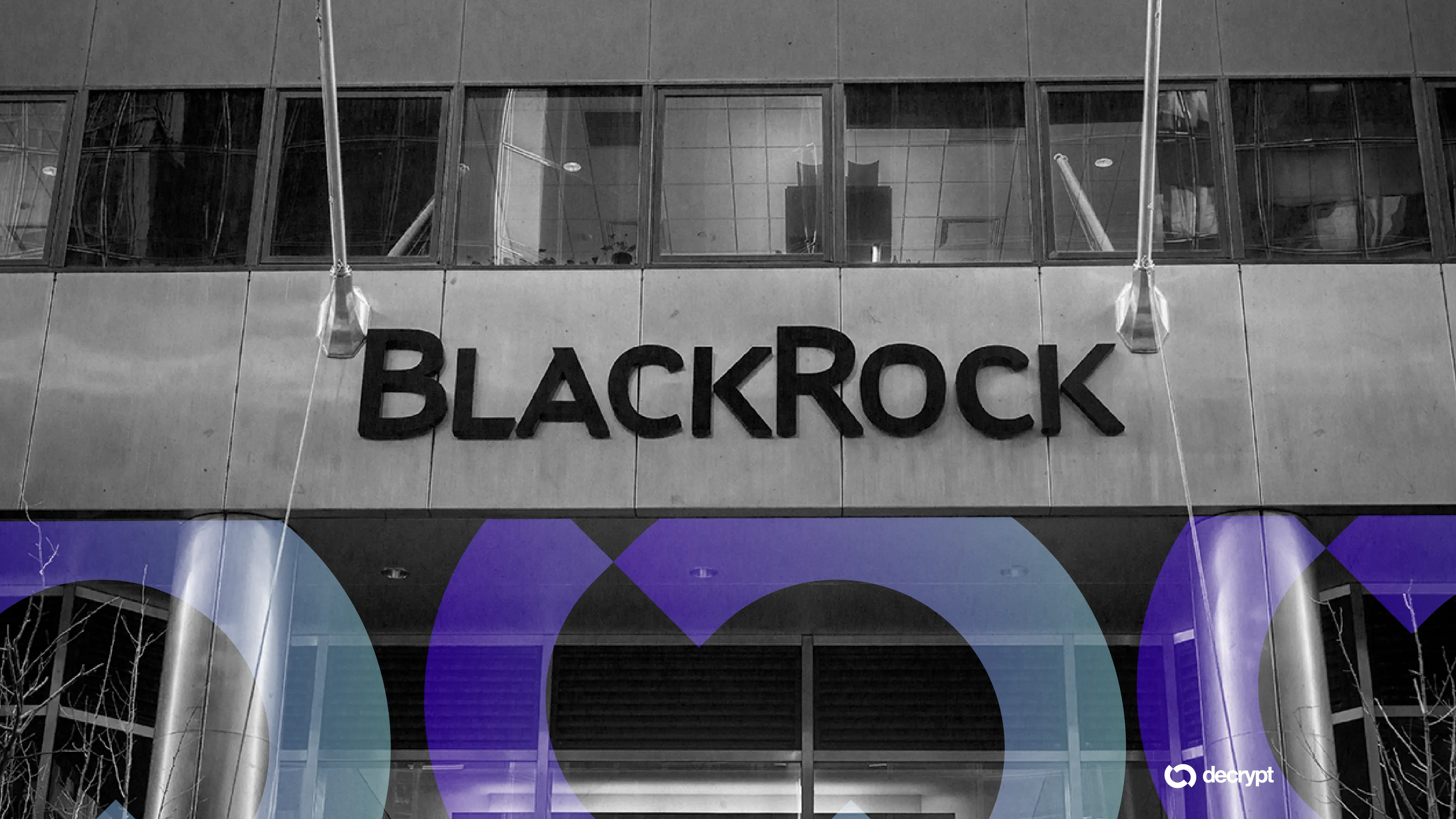In brief
- A stock that’s natively tokenized would carry the same entitlements as a stock purchased through traditional means, Securitize CEO Carlos Domingo said.
- The SEC suggested this week that market participants must adhere to regulations.
- Several firms have debuted stock-based tokens this year, despite the practice provoking enforcement actions during the pandemic-era crypto boom.
There’s only one way to truly represent securities on-chain, and that’s through “native” tokenization, Carlos Domingo, CEO of BlackRock-backed digital asset securities firm Securitize, told Decrypt on Thursday.
That distinction could become more important, as firms’ experimentation with security-based tokens potentially leaves investors confused—a concern raised by the U.S. Securities and Exchange Commission earlier this week.
A stock that’s natively tokenized on Ethereum, for example, would carry the same set entitlements that investors receive when purchasing stock through traditional means, like voting or dividend rights, Domingo said. Natively tokenized assets also have no counterparty risk, while avoiding any fragmentation issues, he added.
BlackRock’s $2.8 billion USD Institutional Digital Liquidity Fund (BUIDL), which Securitize helped introduce last year, is natively tokenized because, as the asset manager’s transfer agent, the firm manages and records the fund’s shares directly on-chain, Domingo explained. Transfer agents usually use proprietary databases instead of a blockchain.
“The token represents 100% of the security,” Domingo said, pointing to crypto software platform Exodus’ stock as another example. “One token represents one share.”
Exodus shares began trading as tokens on Securitize’s platform in 2022, but this year, interest in tokenization has renewed, with Robinhood unveiling tokenized stock trading on Ethereum layer-2 scaling network Arbitrum last month, and Kraken pushing xStocks on Solana and other networks like BNB Chain.
In a statement on Tuesday, SEC Commissioner and crypto task force boss Hester Peirce recommended that firms structuring tokenized offerings, given their obligation to adhere to federal securities laws, should consider meeting with the regulator. Tokenization does not provide an exemption from existing rules and regulations, she underscored.
“As powerful as blockchain technology is, it does not have magical abilities to transform the nature of the underlying asset,” she wrote. “Tokenized securities are still securities.”
Anthony Tu-Sekine, a partner at Seward and Kissel LLP who leads the firm’s blockchain and digital assets practice, told Decrypt that the conversation around tokenization pertains to crypto, but at the end of the day, it’s about policing securities under existing securities laws.
“People sometimes feel that, because of the nature of the blockchain, crypto should be less regulated,” he said. “That’s not what we’re talking about here.”

Inside the Controversy Brewing Over Robinhood’s Tokenized Stocks
OpenAI slammed an unauthorized attempt to tokenize its equity on Wednesday, following a reveal by trading platform Robinhood that it had listed digital stock tokens labeled as "OpenAI" and "SpaceX" earlier in the week. ChatGPT creator OpenAI pushed back on tokenization on Wednesday, following the reveal by trading platform Robinhood of OpenAI and SpaceX stock tokens on Monday. In a post on X, OpenAI said the tokens do not represent equity in the company and that it had no involvement in their la...
In some ways, Peirce’s statement represented a warning to investors, not long after ChatGPT maker OpenAI denounced Robinhood’s move to offer so-called stock tokens in Europe that are tied to equity in the tech darling. In response, Robinhood said its tokens give "indirect exposure to private markets” as “tokenized contracts that follow their price.”
Indeed, Pierce said in her recent statement that a tokenized security, depending on the circumstances, could resemble “security entitlements” or a “security-based swap,” as opposed to equity in any private or public company.
Robinhood’s stock tokens possess some features that appear aimed at creating a controlled environment for the product. U.S. customers are barred from buying stock tokens, they can’t be sent to other wallets or platforms, and users must be KYC-verified via identifying information.
Kraken doesn’t allow U.S. customers to purchase xStocks either, but the tokens, which are issued by a firm called Backed, are permissionless, meaning that they can be freely traded on a decentralized exchange or independently adopted by any platform.
As the SEC urges market participants to consider federal securities, the regulator is trying to stick to a collaborative approach to crypto under U.S. President Donald Trump, as reflected by a roundtable discussion on tokenization hosted by the SEC in May.

You Can Now Trade Stocks Like NVDA and MSTR on Solana: Here's How It Works
Crypto traders can now put shares of Nvidia, Tesla, and Strategy in their Solana wallets thanks to a new feature called xStocks, which puts tokens backed 1:1 with shares of select publicly traded firms on the Solana blockchain. The feature from tokenization firm Backed, rolled out on centralized exchanges Kraken and Bybit this week in certain regions and also launched natively on the Solana blockchain, allows traders to gain exposure to popular American equities like Meta, Netflix, Coinbase, Mc...
“In recent history, we seem to have forgotten a very fundamental concept: that investors and issuers have valuable observations and experiences,” SEC Commissioner Mark Uyeda said.
Binance, the world’s largest crypto exchange, and now-defunct crypto exchange FTX once dabbled in tokenized stock trading—but those products were ultimately shelved.
Crypto lending platform Abra began offering contracts as tokens to customers in 2019 that allowed them to gain exposure to price moments of certain U.S.-listed stocks and exchange-traded funds. The company “voluntarily ceased offering” the tokens after cooperating with an SEC investigation, according to a CFTC filing.
In 2020, the SEC and CFTC ordered Abra to pay each agency a $150,000 penalty for allegedly offering unregistered securities and engaging in unlawful off-exchange swaps trading. Abra agreed, “without admitting or denying the findings.”

